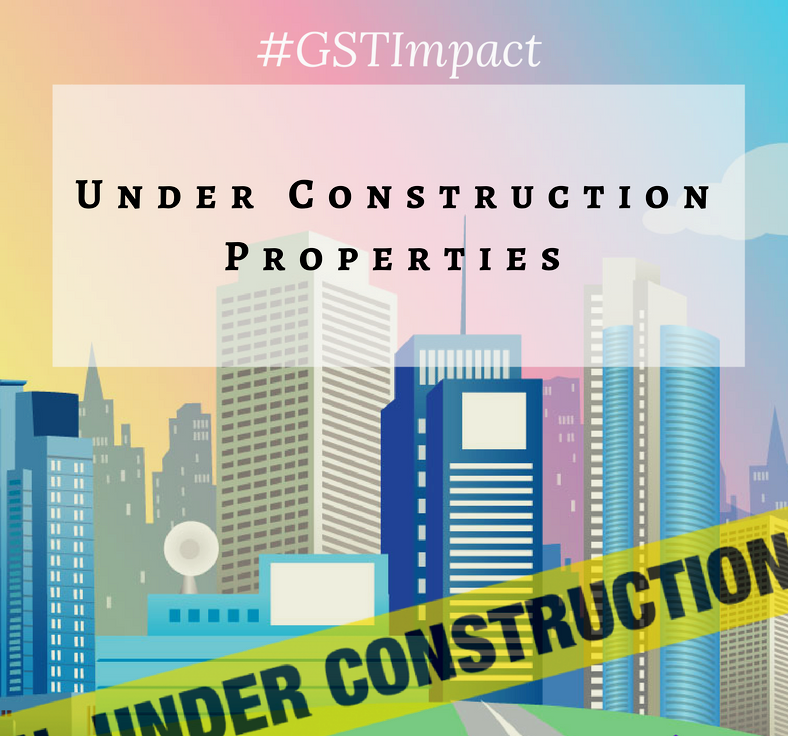Homebuyers might be considered as commensurate with the unsecured financial lenders at insolvency proceedings for real estate companies. With the implementation of this new rule, a bulk of the suffered homebuyers, left in the lurch for the compensation from real estate companies such as- Unitech, Jaypee Infratech, and Amrapali and reach a conclusive and of course a favorable speck.
A committee with the task allotted for reviewing the Insolvency and Bankruptcy Code (IBC) and under consideration by the government has made this suggestion, confirmed by a couple of senior officials tuned in with the buzz. With the resolution passed, the interest of all the stakeholders will be equally treated.
People who had invested in Amrapali and Jaypee Infratech projects are left in trouble after they failed to clear their dues. Apart from this, the ministry of corporate affairs has moved the bankruptcy court to ride herd on realtor Unitech.
In order to regulate recklessness of these companies, a 14-member law committee has been constituted to identify facts that “impact the efficiency of the corporate insolvency resolution and liquidation framework” and come up with recommendations to deal with them.
“A proposal is actively considered to give homebuyers a status of unsecured financial creditors,”-said one of the officials.
According to the official sources, the committee is likely to present its recommendation along with draft amendments to the IBC towards the end of this month. With the adoption of this recommendation, homebuyers will have a say in the insolvency proceedings and can be an active part of the committee of creditors. It will also empower them with the voting rights on the resolution plans.
The current IBC norms foster a waterfall financing-eight levels for the order of distribution of proceeds from the sale of liquidated assets among stakeholders. After the settlement of the resolution professionals and administrators, next come financial creditors and workmen’s dues, followed by unpaid dues of other employees except for the workmen. Then comes the unsecured financial creditors, followed by government dues and equity shareholders. Homebuyers are currently the last in the distribution list of the developers.
“The proposed amendment will provide homebuyers a higher spot in the IBC proceedings, as they will be one determinative voice in the resolution plan as well. Homebuyers will share the same base with the financial creditors,”-says, Mr. Mahesh Somani, Chairman- National RERA Committee, Head- East Zone, National Association of Realtors India (NAR).
As per the statistics, about 31,000 homebuyers of Jaypee Infratech and 41,000 of Amrapali’s Silicon City project have moved the Supreme Court and appealed that they should be treated in a class with financial creditors. To protect the interest of the homebuyers, the Supreme Court ordered the promoters of Jaypee Infratech not to sell personal assets and deposit Rs 2,000 crore with the court.
Similarly, Amparapali was ordered to submit a plan to deliver possessions. In the case of Unitech, 19,000 homebuyers have accused the company over fund diversion and appealed to the corporate affairs ministry and finally, the case is under National Company Tribunal Law under the Companies Act. The Supreme Court has stayed the move following an appeal by Unitech.
–LNN (Liyans News Network)– Find all latest updates on realty market on this leading property portal in Kolkata. Buy/Sell/Rent real estate units across 100+ cities from India.







